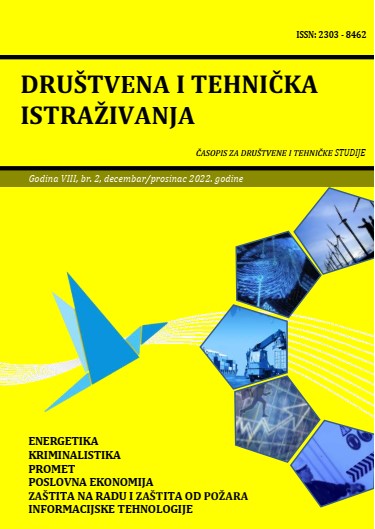ORGANIZACIJA I FUNKCIONIRANJE JAVNOG ZDRAVSTVA U REPUBLICI HRVATSKOJ
ORGANIZATION AND FUNCTIONING OF PUBLIC HEALTH IN THE REPUBLIC OF CROATIA
Author(s): Krunoslav Čolak, Ninoslav Gregurić-BajzaSubject(s): Economy, Business Economy / Management, Health and medicine and law
Published by: Visoka škola “CEPS – Centar za poslovne studije” Kiseljak
Keywords: public services; public health; organizing; organizational subjects; efficiency;
Summary/Abstract: Since the appearance of people the need for health has been a primary and highly ranked human need in the hierarchy of needs that every person strives to satisfy. At the end of the 18th and the beginning of the 19th century with the emergence of democratic societies the quality of health for the majority of community members was determined primarily by the effectiveness of organizational entities that take care of the nation's health care system at the expense of the state. Health care in society is positioned as a social activity of public interest, and organizational subjects make the public health system and are classified as public services. Therefore, entities that at the expense of the state (taxpayers) through qualified activities actively implement budgetary funds entrusted to the health of citizens have a great social responsibility. In the last twenty years the public health system in the Republic of Croatia has been permanently exposed to criticism in the public discourse regarding efficiency and rationality, that is, the organization and functioning of public health in the Republic of Croatia are under increased public scrutiny. The Croatian public is debating the need for radical reforms of the public health system, while system managers continuously produce proposals for public health reform strategies. The prevailing critical reviews are focused on cost-benefit analysis, i.e. whether the expenditure of material resources for the needs of public health provides adequate health care for Croatian citizens. The broadest Croatian public dominantly highlights the problem related with so-called "waiting lists", despite numerous organizational entities in the public health system. On the other side, the internal public repeatedly warns about the lack of human potential in public health, which is significantly contributed by employee fluctuation and the age structure of the medical staff, to which the valid labor law legislation also contributes in a significant extent.The lack of staff consequently imposes the need for increased overtime work which affects the quality of the health service, while at the same time overtime work is not adequately valued, nor does the currently valid labor law legislation allow for its greater flexibility. Development of science and technology implemented in health practice significantly increases the costs of health care. Significant funds, over twenty billion kuna, are allocated annually from the Croatian state budget for the needs of public health. Croatia ranks among the 2/3 of EU member states that finance more than 70% of the expenditure on healthcare services for citizens. The scale of expenditure is potentially a problem for the sustainability of public finances, especially in the context of an increasingly aging population, as the 2021 population census clearly indicates. There are almost 300 000 inhabitants in the age group from 60 to 64, which is the largest group in terms of income of 3.9 million of the total population in the Republic of Croatia. The price of health care is a demanding topic that needs to be specially treated, while in this paper we look primarily at the organizational aspects of public health and factors that affect entropy.
Journal: Društvena i tehnička istraživanja
- Issue Year: 2022
- Issue No: 2
- Page Range: 83-100
- Page Count: 18
- Language: Croatian

